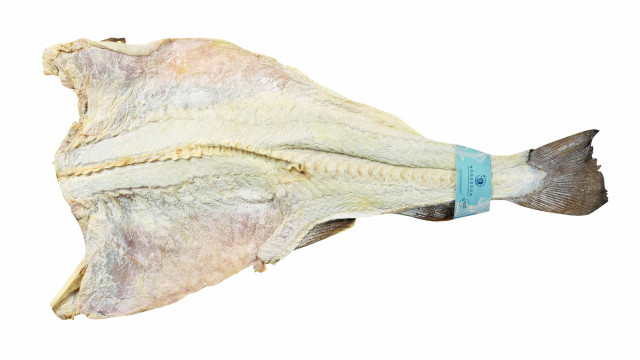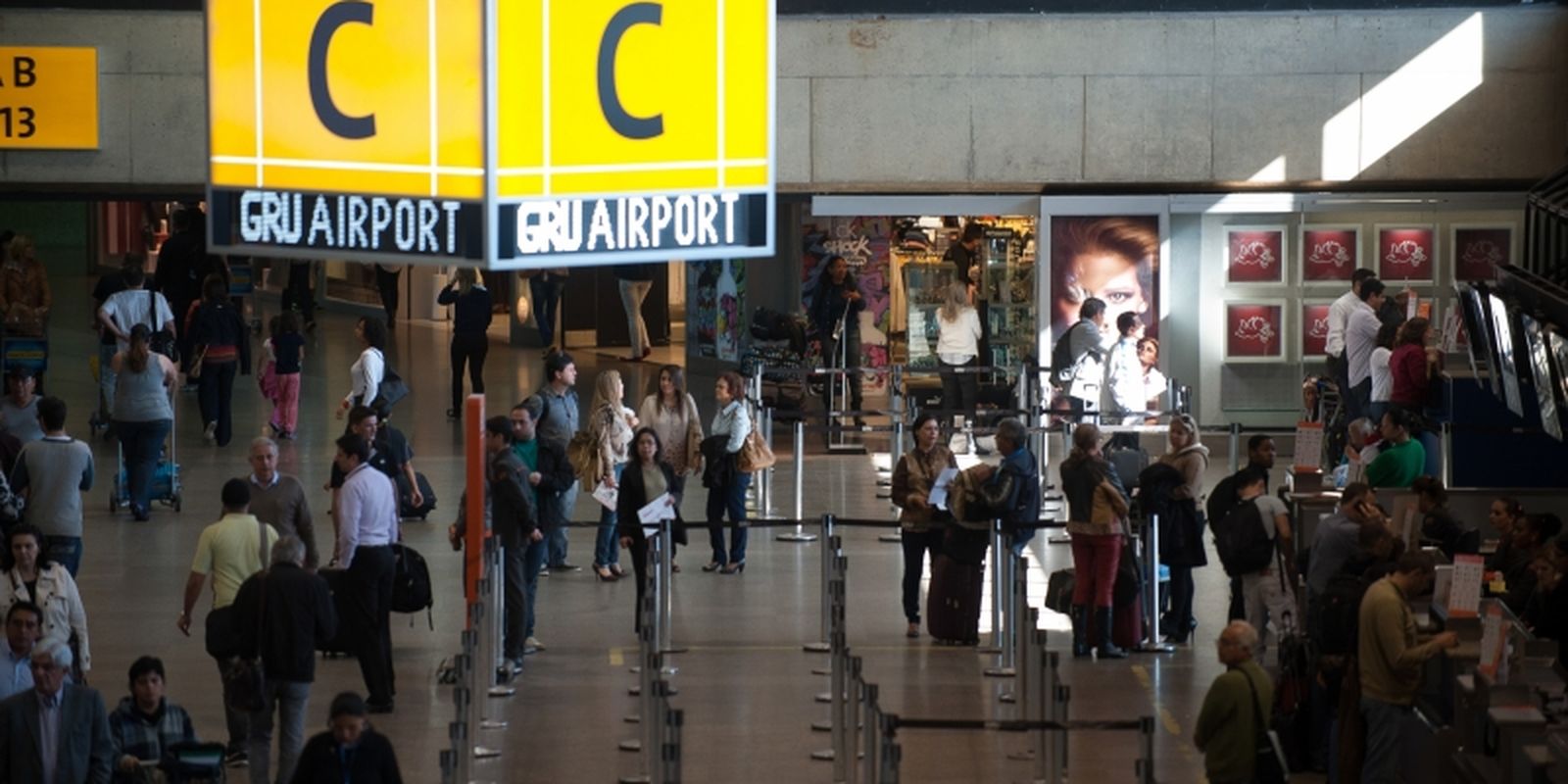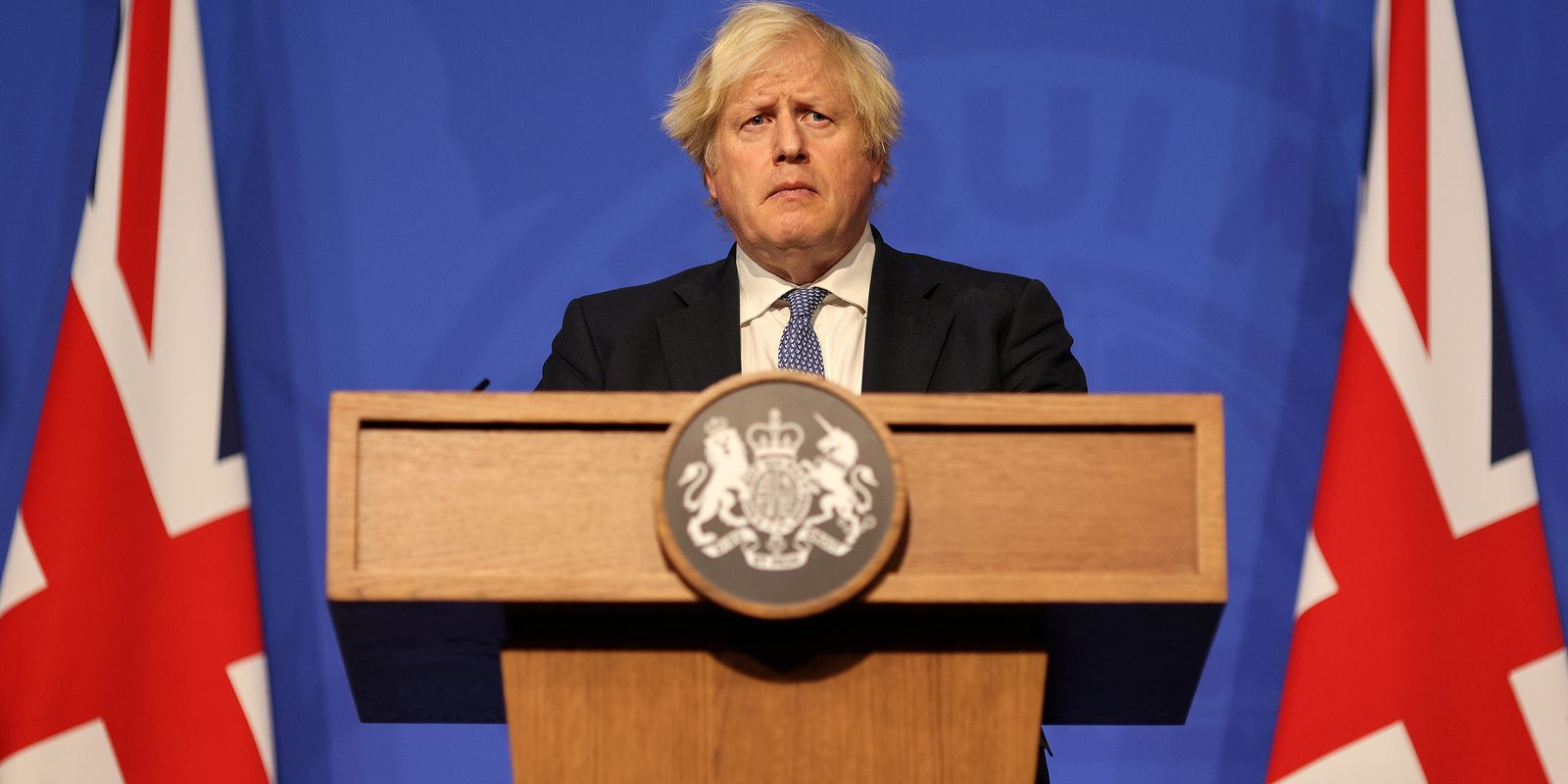“QWhen my father came to Canada, I always wanted to give back, after such a warm welcome, out of a sense of duty and obligation. In this way of showing sympathy, we want to give back to Canada,” Charles Sousa told Lusa.
Son of emigrants from Nazaré, Charles Sousa, 64, was a provincial deputy for Ontario between 2007 and 2018, being provincial minister of finance between 2013 and 2018.
“I believe in a Canada that helps others, especially when they are in need, we believe in a Canada that fights for one unity, for those freedoms and for those protections. We believe in a country that is open-minded and celebrates diversity. and our differences,” he said. .
The electoral district of Mississauga-Lakeshore will choose a new representative to the federal parliament in midterm elections, scheduled for December 12.
Congressman Sven Spengemann, elected by this district, resigned in May this year, after accepting a post at the United Nations.
The Canadian-Portuguese also targeted those who “attempt to encourage division by trying to turn the opinions of one against another”, but cannot “claim rights” violating the “rights of others”, since they are ” all together”, and that “the sense of unity and a positive message that makes Justin Trudeau’s team what it is”.
Charles Sousa hopes to work on issues such as the current “economic moment” affecting thousands of Canadians, “the environment” itself, encouraging even more “positivity and unity in the country”.
Hoping that if elected, he can use his experience and contacts when he was Ontario’s finance minister to help Canada “improve its economic system, protect” the health and the climate”.
Sousa’s main challenger will be Tory (right) Ron Chhinzer, a former Peel Region police officer.
The New Democrats (left) had previously announced that Julia Kole, also a provincial candidate in the June election, will run for the NDP, while Mary Kidnew will be the candidate for the Greens (center left).
This will be the first test for Justin Trudeau after the election of Pierre Poilievre as the new Conservative leader in September.
Currently, the Liberals have a parliamentary minority, with 158 mandates, against 118 for the Conservatives, 32 for the Bloc Québécois, 25 for the NDP, two for the Green Party and two independents.
An agreement with the New Democrats has allowed parliamentary stabilization of the party led by Justin Trudeau.
Polling site 338canada.com predicts a Liberal victory with 60%, while the Conservatives will have 40%.
Read also : Chinese say Trudeau ‘reprimand’ was due to press ‘leaks’

“Freelance communicator. Hardcore web practitioner. Entrepreneur. Total student. Beer ninja.”









